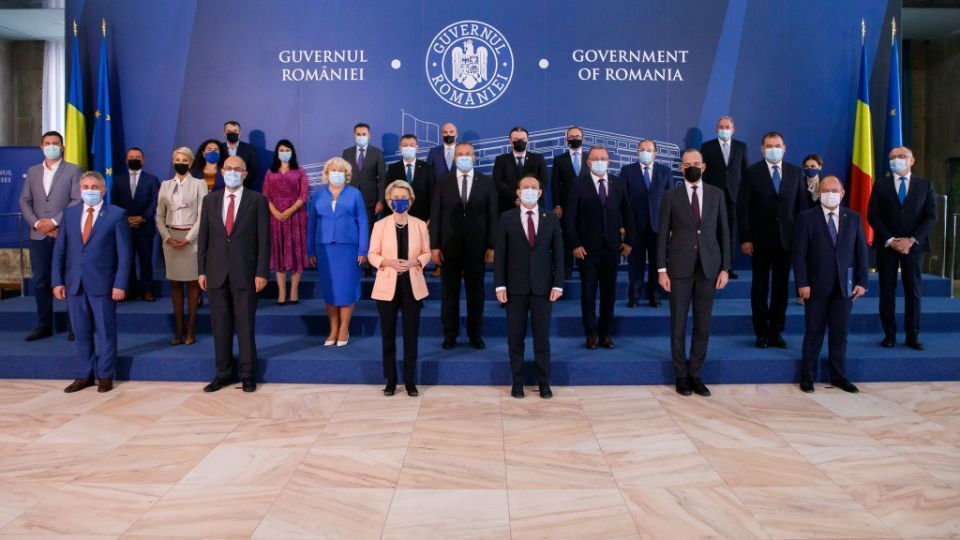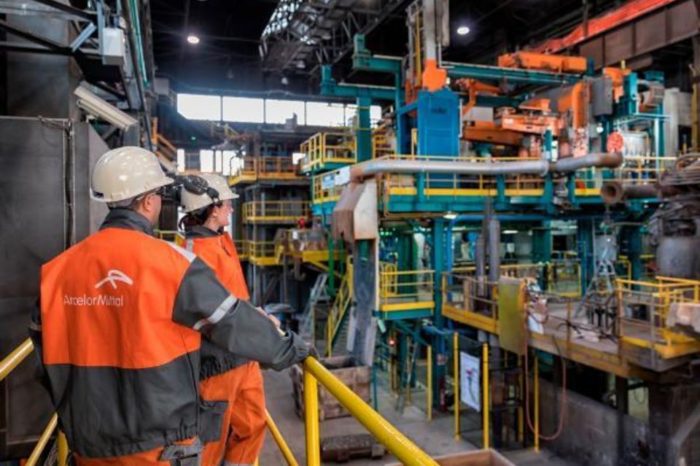Romania’s National Recovery and Resilience Plan, approved by the European Commission

The European Commission has adopted a positive assessment of Romania’s Recovery and Resilience Plan, which will thus be able to receive EUR 14.2 billion in grants from the EU and EUR 14.9 billion in loans under the Recovery and Resilience Mechanism (MRR), according to the European Commission press release.
Romania’s plan received 10 A ratings out of 11, with only one B rating for the “costing” chapter, as did the other 19 plans approved so far.
This funding will support the implementation of key investment and reform measures contained in Romania’s Recovery and Resilience Plan and will crucially contribute to Romania’s stronger exit from the COVID-19 pandemic.
MRR is the main instrument of the NextGenerationEU initiative, which will provide up to EUR 800 billion (in current prices) to support investment and reforms across the EU. Romania’s plan is part of an unprecedented coordinated EU response to the crisis caused by the COVID-19 pandemic, aimed at addressing common European challenges by adopting the green and digital transition, as well as strengthening economic and social resilience and single market cohesion.
The Commission assessed Romania’s plan on the basis of the criteria set out in the MRR Regulation, examining, in particular, whether the investments and reforms contained in the plan support the green and digital transition, contribute to effectively addressing the challenges identified in the European Semester and strengthen growth potential. job creation and Romania’s economic and social resilience.
The press release sent by the Commission shows that, in its assessment, the Commission found that Romania’s plan allocates 41% of the total amount of measures to support the green transition. These measures include the phasing out of coal and lignite-based electricity production by 2032. Reforms that promote sustainable transport include decarbonising road transport, green taxation, incentives for zero-emission vehicles and modal shift to rail and transport. on water. The plan also places a strong emphasis on improving the energy efficiency of private and public buildings.
In its assessment, the Commission found that Romania’s plan allocates 21% of the total amount to measures to support the digital transition. These include measures to digitize public administration and business, improve connectivity, cybersecurity and digital skills, and develop an integrated e-health and telemedicine system. It is expected that measures to support the digitization of education will contribute to the development of skills among both students and teachers and will be supported by measures to modernize school laboratories and create smart labs. Participation in a multinational project is envisaged in the form of an important project of common European interest (IPCC) in the field of microelectronics.
The Commission considers that Romania’s plan includes a comprehensive set of mutually reinforcing reforms and investments that contribute to addressing effectively all economic and social challenges highlighted in the specific recommendations addressed to Romania or a significant part of them.
It is expected that the implementation of reforms and investments in the social and educational field will address a number of long-term structural vulnerabilities and deficiencies. The plan provides for measures to strengthen public administration, including by improving the efficiency of the judiciary and the fight against corruption, as well as measures to support private investment, especially for SMEs, and to improve the business environment by reducing administrative burdens on businesses. The planned reforms in the field of education and employment are expected to create a stronger labor market, fostering economic growth. Flagship reforms on the phasing out of coal and the decarbonisation of transport, as well as investments that promote the green transition and the digital transition, should boost competitiveness and make the economy more sustainable overall. As a result of the reforms and investments in education included in the plan, social resilience should increase. Due to the well-qualified workforce and the reduction of early school leaving, the economy should become more resilient to future shocks and the population more adaptable to changing economic models.
European Commission President Ursula von der Leyen said: “I am delighted to announce the European Commission’s approval of Romania’s € 29.2 billion recovery and resilience plan. Focusing on ensuring the green transition and the digital transition and going from improving the energy efficiency of buildings to improving connectivity and digital skills, the measures set out in the plan have the potential to bring about a genuine transformation. We will be with you in the coming years to ensure that the ambitious investments and reforms set out in the plan are fully implemented. ”














